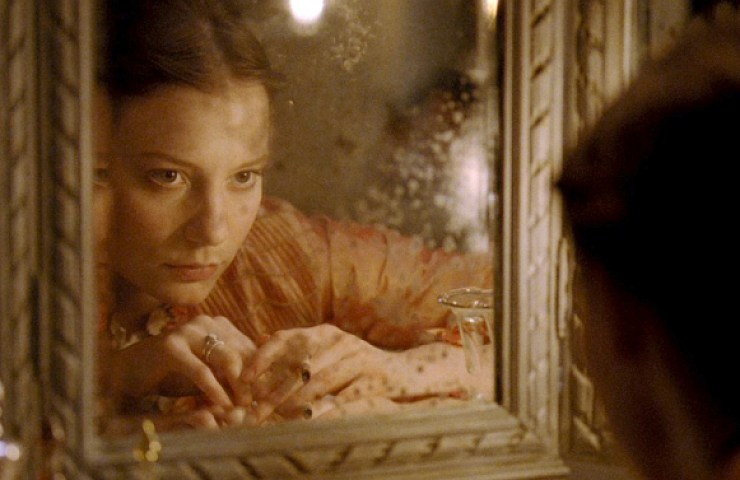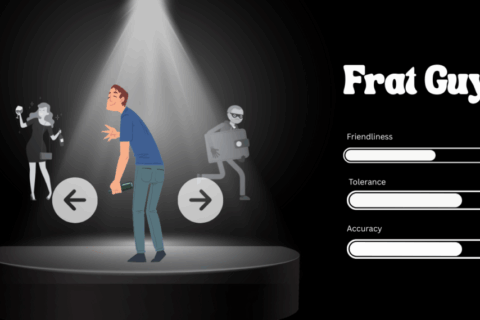Originating from a lengthy novel, Sophie Bartes’s “Madam Bovary” (2014) suffers from a common film-adaptation affliction I call, “compressionistis.”
It’s easy to trace the core problem to the idea that two hours is not adequate time to embody Gustave Flaubert’s book. But the more accurate diagnosis is that it didn’t think to convey the most vital aspects of the story within its time frame. As a result, the film comes off as apathetic to its own work.
But first, let’s look at the plot.
As a woman of her time, Emma had two options: become a nun or a wife.
She lacks the poise or discipline to become a nun, so she is married off to Charles Bovary, an unremarkable doctor. Stifled by the tedium of an uninteresting husband and his dull home, Emma works hard to be a dutiful wife.
The film initially follows the logical progression of Emma resisting temptations.
Everything from extramarital romances to finery from the peddler, who assures her that her husband can pay for the items in credit—the 18th century equivalent of waving a credit card in front of a shopaholic teenager. But hard-pressed by boredom and dissatisfaction, she eventually engages in extravagant purchases and affairs that she believes she deserves. It’s an act of revolt against an atmosphere that ignores her aspirations for something greater – even if those ambitions only amount to materialism.
The plot progression is an unsupervised autopilot.
The adaptation is too safe and low-key, draining the story of the tensions that made the book scandalous and compelling in its time. Turning points, such as Emma’s decision to engage in two affairs, don’t feel earned. One of her lovers states pseudo-philosophically that giving in to the affairs would take courage. And then they make out, just because the script said so.
Luckily, the viewing experience is salvaged by a solid cast.
Rhys Ifans excels as Lheureux – the smooth-talking salesman. Mia Wasikowska proves to be a fine actress in Bovary’s contemplative moments. But when venting, Wasikowska’s voice rings like a superficial, whiny teenager. In hindsight, this is appropriate because Emma is emotionally stunted from maturity, but it weighs the material down with too much modernization.
The Emma here is treated with more sympathy than the unbridled superficiality found in the book. This isn’t always a bad thing, as adaptations should be encouraged to offer interpretations. But this touch of modernizing Emma’s character brings a misguided condoning of her excessive romanticizing, rather than portraying it’s compelling complexity.
“Madame Bovary” presents exquisite costume design and rich landscape in the cinematography. It has the right cast and rich materials.
If only the movie used these to give itself the flare it deserves.





Recent Comments